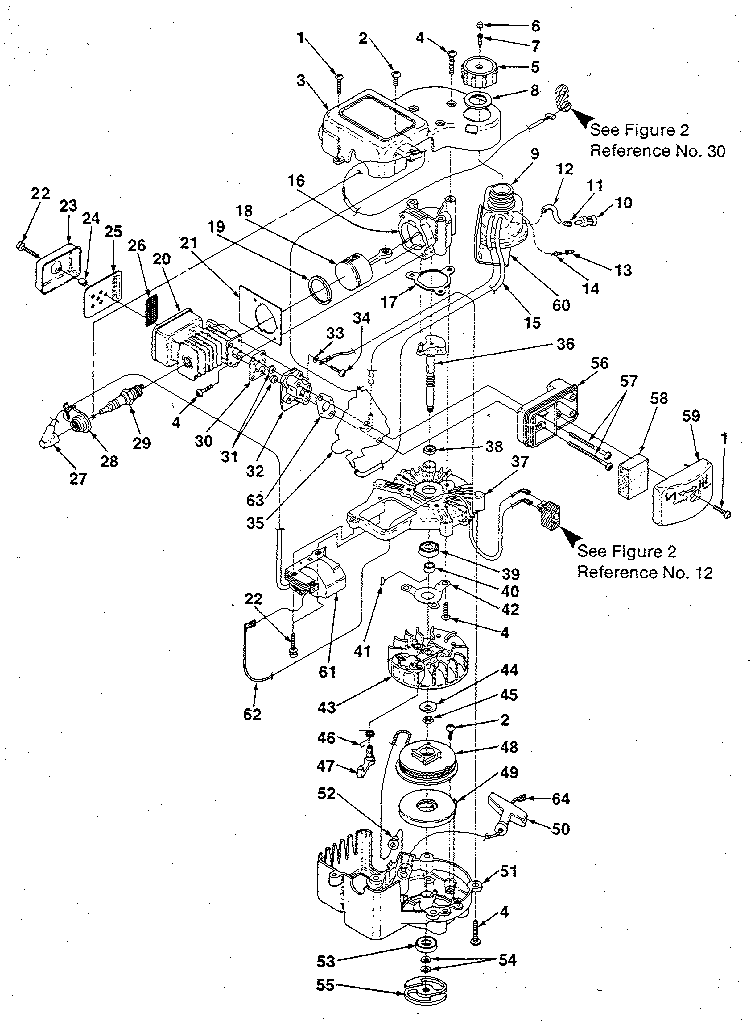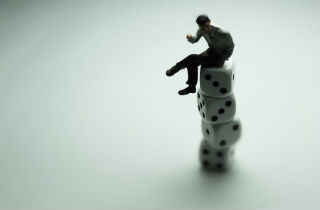Last updated: 10/25/2018
Author: Addictions.com Medical Review
- How To Determine If You Have A Gambling Problem At A
- How To Determine If You Have A Gambling Problem To Be
- How To Determine If You Have A Gambling Problem Affect
Gambling addiction might not have immediate health ramifications like drinking alcohol or snorting cocaine, but that doesn’t mean it’s not dangerous. There are many problems that can arise from gambling addiction. If you or someone you know has a gambling addiction, call Prominence Treatment Center today for immediate assistance. If you feel anxious or as if you shouldn’t stop yet, chances are you are suffering from a gambling addiction. However, if you are not sure, call our hotline any time at to speak with someone who can help you assess whether or not you have a problem and need help to recover. If you have any family members who enable your gambling addiction in any way, you need to have a conversation with them about what they need to stop doing. For example, if you have a tradition of going on vacation to Las Vegas with your sister every year, you may have to tell her that you can no longer do that with her.
Reading Time: 4minutes
Compulsive gambling is often referred to as a “silent killer” simply because an addiction to gambling does not always readily stand out. The signs of gambling addiction are often overlooked as something else such as a desire to play games, an urge to win money or anything but a compulsive disorder that is out of control. Often times, the desire to gamble is so strong and the addiction is so serious that severe personal and social consequences, even death, can result.
It may be difficult to recognize the signs of gambling addiction for one reason or another. According to the US National Library of Medicine, chronic gamblers often lead seemingly normal lives but in the background, there is a serious problem at hand. Eventually, the addiction will cause destructive outcomes and there will be no mistaking the signs of gambling addiction; at that point, the biggest concern will be where to find help.



1. Obsession with Gambling
Stealing in order to gamble is a sign of addiction.
One of the most common signs of gambling addiction is the obsession that comes with it. Gambling addicts are obsessed with gambling and may be preoccupied with gambling to a point in which they don’t care about anything else. Compulsive thoughts about gambling or gambling obsessively to a point in which it causes other problems in your life are just a few of the common signs of gambling addiction.
2. Unable to Stop Gambling
Have you tried to quit gambling, made an honest commitment to quit and failed? If you are unable to stop gambling despite your desire to do so, you could be a gambling addict. The inability to quit even when you want to is one of many signs of gambling addiction that most addicts tend to immediately overlook or write off as something else.
3. Gambling Despite Consequences
How To Determine If You Have A Gambling Problem At A
Has gambling caused problems in your life such as financial difficulties, loss of a job or relationship problems? Many addicts and their loved ones tend to overlook even the most prominent signs of gambling addiction such as those which are present when excessive gambling is causing consequences in life and yet the individual continues to gamble anyway.
4. Psychological Withdrawal when NOT Gambling
Sometimes, the signs of gambling addiction are very similar to the signs of other addictions such as a drug or alcohol addiction. Psychologically, when a gambling addict is not gambling, he or she may be irritable, depressed or restless. These are all signs of emotional withdrawal which results when an addict is obsessed with gambling and has a perceived “need” to gamble in order to be happy.
5. Gambling to Improve Happiness
Do you or does someone you know seemingly gamble in order to be happy or have fun? If gambling is a necessary component of your happiness or elevated mood, there’s a good chance that gambling addiction is to blame. This is one of many commonly overlooked signs of gambling addiction that both addicts and those who are close to them tend to mistake for some other problem. Gambling to mask problems, feel happy or otherwise improve your emotions is a sure sign that there is a bigger problem at hand.
6. Stealing or Otherwise Breaking the Law to Gamble
An addict will often break the law in order to have the money that they need to gamble or to recover their losses. Stealing, committing fraud or otherwise breaking the law to fuel the habit are all signs of gambling addiction that should not be overlooked and which could lead to greater consequences including jail time or probation.

7. Denying that there is a Problem

Denial is a common sign of addiction and to state that there is not a problem when there really is happens to be common ground amongst addicts. If you suspect that a loved one has a gambling problem and you have hard evidence to back it up yet he or she continues to deny the problem, it could be time to seek professional help.
8. Financial Problems
One of the most prevalent signs of gambling addiction is financial problems that result from the compulsive gambling disorder. A friend may all off a sudden have problems with his or her personal finances or they may ask to borrow money often. Compulsive gamblers depend on others to provide them with money either to gamble or to pay expenses because they lost their money gambling.
9. Mood Swings
How To Determine If You Have A Gambling Problem To Be
Compulsive gambling, especially when the gambling takes place as part of a double life in which friends and family are unaware, can lead to excessive mood swings. Mood swings are often overlooked or mistaken for upset that is not the result of the addiction but most often, mood swings are one of the signs of gambling addiction that should be spotted early on.
10. Hiding Gambling Behavior
As compulsive gambling progresses, and the addict comes under scrutiny from his or her friends or family members, it is not uncommon for the addict to begin hiding gambling behaviors. Hiding the behavior is one of the more common signs of gambling addiction and also one that’s really hard for outsiders to spot because they don’t know what’s going on—but for the addict, recognizing that it’s wrong to hide behaviors from loved ones is a step in the right direction when it comes to finding help for a compulsive gambling disorder.
As if the economic downturn hasn’t given us enough to worry about, now experts are expecting a dramatic rise in problem gambling! Bill Eadington, the director of the Institute for the Study of Gambling and Commercial Gaming, says that six out of 100 adults are at high risk for gambling problems. However, when times get tough, more people tend to gamble, and veteran gamblers tend to bet more. In fact, people who are desperate because of record layoffs, home foreclosures, and failing investments may turn to gambling as a last resort to rescue them from financial ruin – which almost never happens. Also, according to MSNBC Health, we’re in the midst of peak gambling season right now, which runs from the Super Bowl through March Madness, the month-long college basketball tournament. Last year alone, March Madness bets exceeded $238 million – and that didn’t include informal office pools. So, how can you tell if you have a gambling problem? Ask yourself these questions, courtesy of Gamblers Anonymous:
- Have you ever lost time from work or school because of gambling?
- Has gambling damaged your reputation?
- Have you ever felt guilty afterwards because of the money you lost?
- Have you ever gambled to get money to pay your debts or solve a financial problem?
- After losing, did you feel you had to return as soon as possible and win back your losses?
- Have you ever borrowed money, sold anything or stolen anything to finance your gambling?
- Do you ever have an urge to gamble when you’re worried, bored, lonely, angry, frustrated, or disappointed?
How To Determine If You Have A Gambling Problem Affect
If you answered “yes” to any of these questions, you may need help. Check out the Gamblers Anonymous website to find a meeting near you.